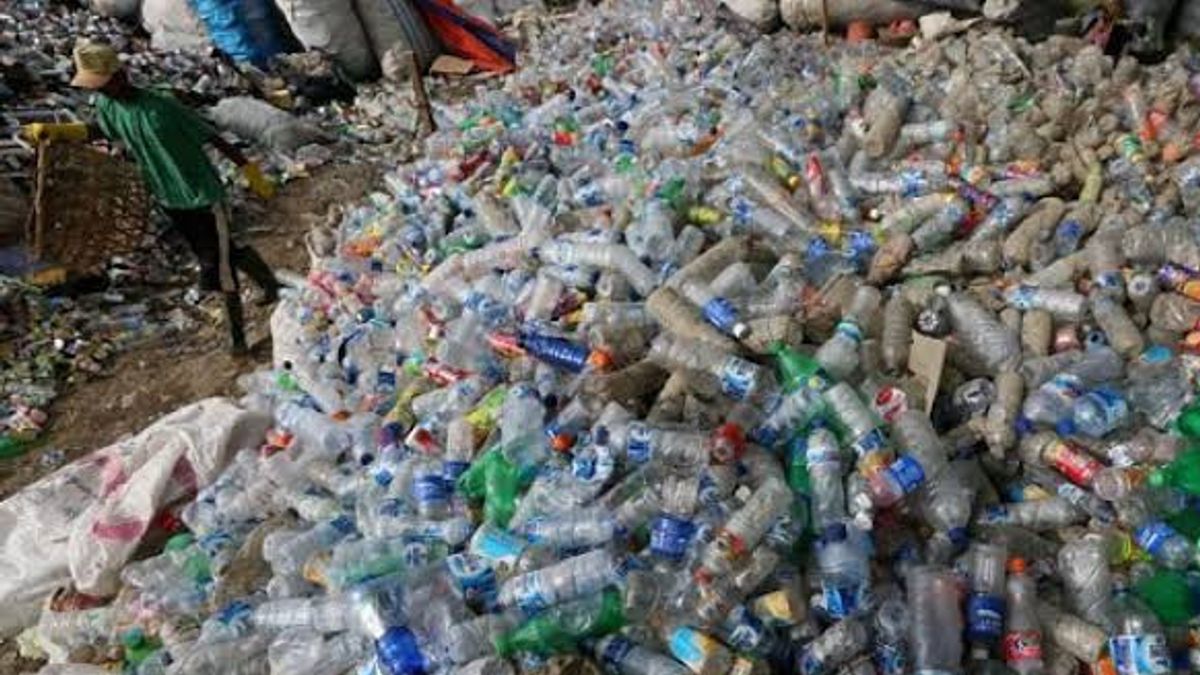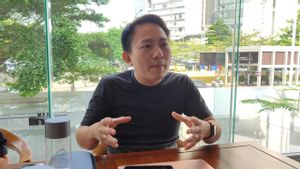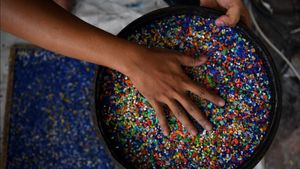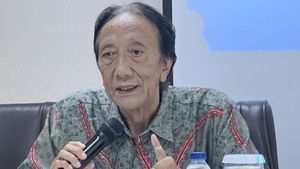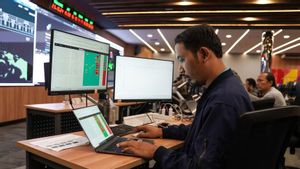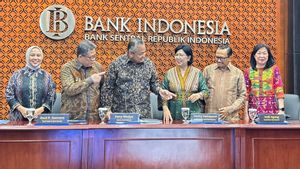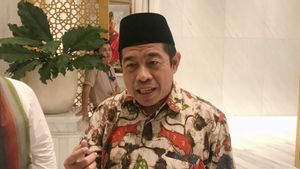JAKARTA - The National Research and Innovation Agency (BRIN) in collaboration with the International Atomic Energy Agency (IAEA) is developing the Nuclear Technology for Controlling Plastic Pollution (Nutec Plastic) program as a plastic waste recycling solution with nuclear technology.
The Main Expert Nuclear Technology Developer, BRIN's Center for Radiation Process Technology Research, Totti Tjiptosumirat, said in Jakarta, Saturday that Indonesia is considered byIAEA as a country that is able to utilize nuclear technology to process plastic waste so that it is used as a pilot country in the Asia Pacific region.
"For this reason, the IAEA provides support by donating the Electronic Beam Machining (EBM) facility. Of course, its utilization is not only to process plastic waste, but also to develop other research in the future," he said.
Totti, who is also the Indonesian National Liaison Officer (NLO) Technical Cooperation (TC) for the IAEA, said the project, known as TC INS 1031, was related to the superior IAEA environmental program, especially in order to mitigate or reduce plastic waste around the world, including Indonesia.
"TC INS 1031 related to Nutec Plastic is mitigating plastic waste or recycling plastic which in its implementation requires nuclear technology in the form of EBM," he said.
Director of Management of BRIN Nuclear Facilities Muhammad Subekti expressed support for the 2.5 MEV EBM grant from the IAEA by preparing all infrastructure needs.
He said internal cooperation had been carried out with researchers from the Nuclear Energy Research Organization to determine the location of the EBM laying in the Nuclear Area, BJ Habibie Science and Technology (KST) in Serpong.
"We support and hope that the infrastructure that will be built by BRIN can be used as much as possible for the benefit of research, industrial development, economic scale, or larger scale for the benefit of production in Indonesia," he said.
SEE ALSO:
Senior Program Management Officer IAEA Petra Salame said his party supports Indonesia in developing electronic file facilities that will be used for polymer modifications.
According to him, Indonesia has made great progress in two project components, namely upstream components which are recycled components and downstream components in the form of marine monitoring.
"We hope that Indonesia will continue to strive and achieve sustainable achievements," he said.
The English, Chinese, Japanese, Arabic, and French versions are automatically generated by the AI. So there may still be inaccuracies in translating, please always see Indonesian as our main language. (system supported by DigitalSiber.id)
